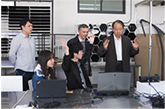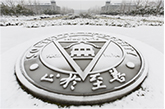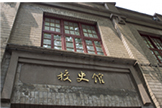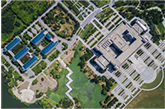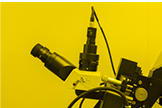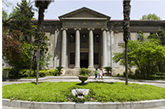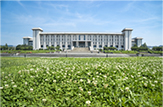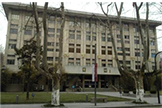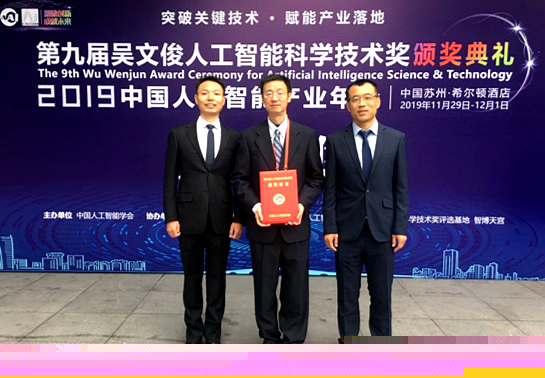
[Southeast University News Network, Dec. 2] (correspondent: Song Guangming) On November 30, the 9th Wu Wenjun Award Ceremony for Artificial Intelligence Science & Technology was grandly convened in Suzhou. The key technology and application of intelligent inspection and maintenance robots in complex environment asled by Prof. Song Aiguo from the School of Instrument Science and Engineering of Southeast University won the first prize of Wu Wenjun Award for Artificial Intelligence Science & Technology. It was the first time that Southeast University had won this award as the first correspondent. This project addresses the urgent demands in China's nuclear power safety and grid operation & maintenance, and has broken through many key technologies in respect of intelligent inspection and operation and maintenance robots. In addition, the teamhas successfully developed a multi-model series of intelligent inspection and operation & maintenance robots. Such robots have been applied to Yangjiang Nuclear Power Station, Dayawan Nuclear Power Station and Ningde Nuclear Power Station for operation and maintenance for the first time; besides, they have been also widely used in more than 2,000 distribution stations in 16 provinces and cities in China, which has promoted the technical improvement of smart power stations and smart grids in China. This achievement has been even applied in the monitoring of large-scale pumping stations in the South-to-North Water Diversion Project, power supply and security guarantee for major events, unmanned fire trucks, industrial robots and intelligent construction machinery, which have achieved significant social and economic benefits.
It is reported that the Wu Wenjun Award for Artificial Intelligence Science and Technology is sponsored by China Association for Artificial Intelligence, which is known as the national Class A association of its kind and this award is also renowned as “China's highest award for intelligent science and technology, symbolizing the highest honor in the field of artificial intelligence.
Document submitted by: the School of Instrument Science and Engineering
(Editor-in-charge: Sun Yan, reviewed by: Song Yechun)





